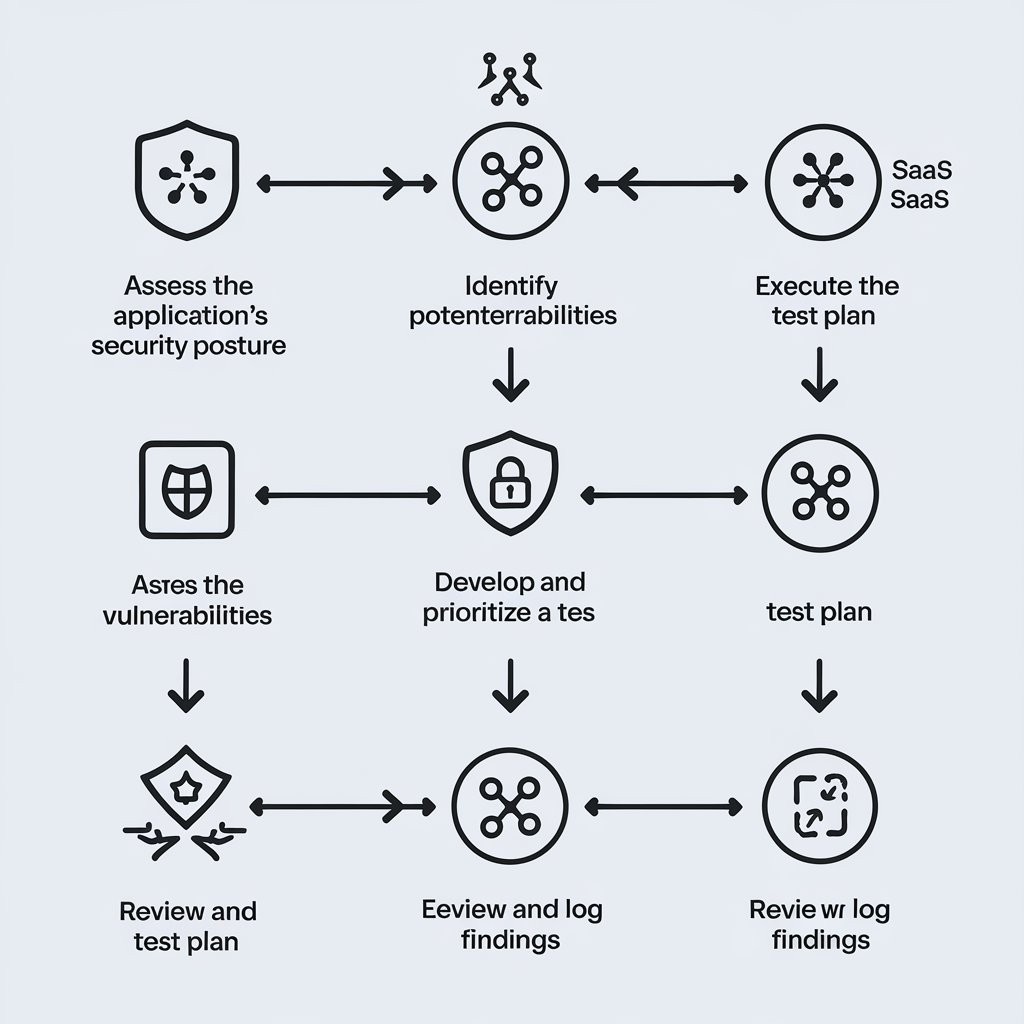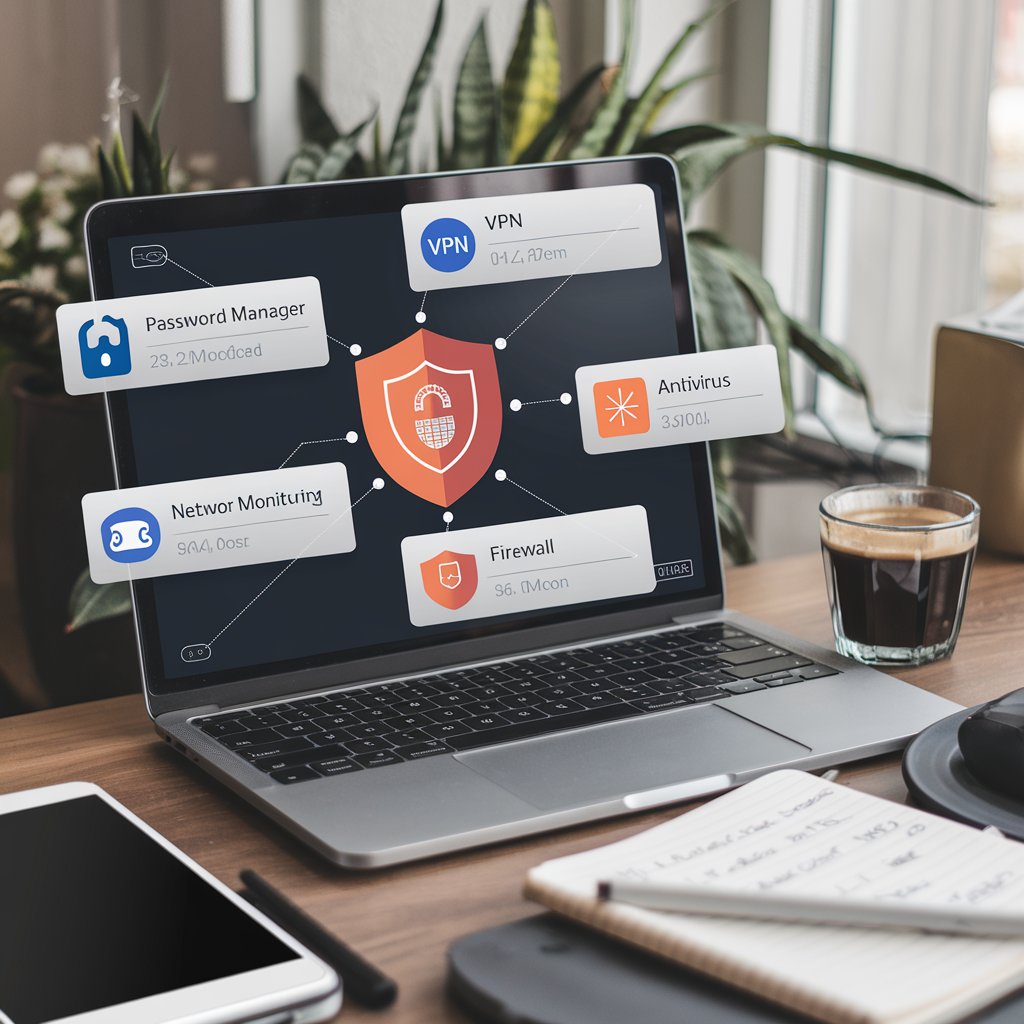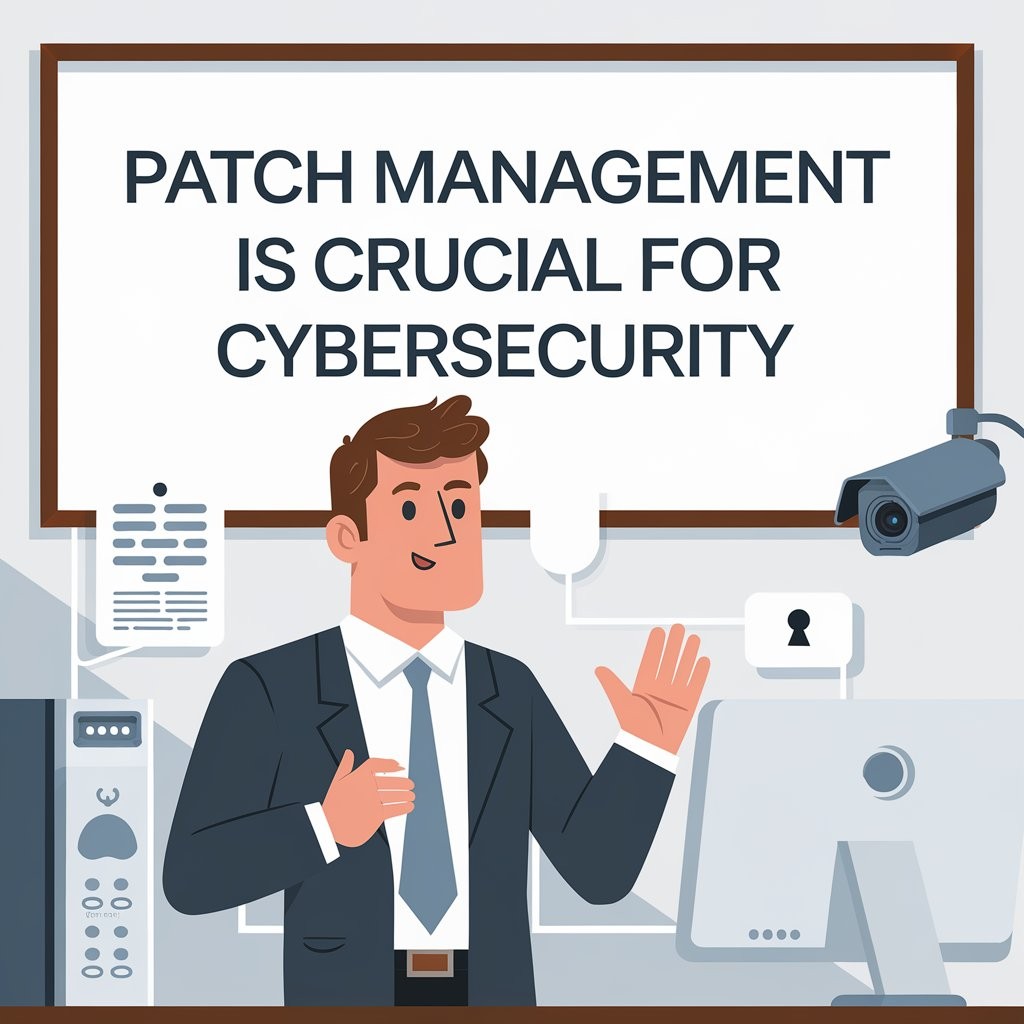UA
6 Min Read
Why Firewalls are Crucial for Cloud Security
In the traditional on-premises world, firewalls served as the primary gatekeepers for network traffic. In the cloud, their function remains just as vital:
Control Network Access: Firewalls act as a barrier between your cloud resources and the outside world, controlling which traffic is allowed to enter or leave your network.
Protect Against Unauthorized Access: They prevent unauthorized access to your virtual machines, databases, and applications.
Segment Networks: Firewalls can be used to create isolated network segments, limiting the impact of a security breach.
Filter Malicious Traffic: They can block malicious traffic patterns, including those from known malicious sources.
Enforce Security Policies: Firewalls enforce security policies by controlling network traffic based on defined rules.
Monitor Network Traffic: Many firewalls can log and analyze network traffic, providing valuable insights for security analysis.
Compliance Requirements: Many compliance standards (e.g., PCI DSS, HIPAA) require the use of firewalls to protect sensitive data.
How Firewalls Work
Firewalls operate based on predefined rules that control network traffic by analyzing packets (small units of data sent over a network). These rules typically define:
Source and Destination IP Addresses: The IP addresses of the origin and destination of network traffic.
Ports: The specific ports on which services are running (e.g., port 80 for HTTP, port 443 for HTTPS).
Protocols: The type of communication protocol (e.g., TCP, UDP).
Actions: What to do with the traffic – allow, deny, or log.
Types of Firewalls in the Cloud
Cloud environments offer various types of firewalls, each with its own strengths and use cases:
Network Firewalls:
What they are: Traditional firewalls that operate at the network layer (Layer 3 of the OSI model).
How they work: They examine IP addresses, ports, and protocols to filter traffic.
Examples:
Cloud provider firewalls (e.g., AWS Security Groups, Azure Network Security Groups, Google Cloud Firewall rules): These are built-in firewalls provided by cloud platforms.
Virtual appliances (e.g., Palo Alto Networks VM-Series, Fortinet FortiGate, Check Point CloudGuard): Third-party firewalls that can be deployed as virtual machines in the cloud.
Benefits: Basic network protection, cost-effective for simple deployments, usually integrated with the cloud provider's platform.
Considerations: Limited application-level awareness; may not be sufficient for complex deployments.
Web Application Firewalls (WAFs):
What they are: Firewalls that operate at the application layer (Layer 7 of the OSI model), inspecting HTTP(S) traffic.
How they work: They protect against web application vulnerabilities, such as SQL injection and cross-site scripting (XSS).
Examples:
Cloud provider WAFs (e.g., AWS WAF, Azure WAF, Google Cloud Armor): Managed WAF services provided by cloud platforms.
Third-party WAF solutions (e.g., Cloudflare WAF, Imperva WAF): Specialized WAF services provided by security vendors.
Benefits: Enhanced protection against web application attacks, traffic filtering based on application-level rules.
Considerations: Typically more complex to configure than network firewalls; often require more expertise.
Next-Generation Firewalls (NGFWs):
What they are: Firewalls that combine the features of traditional network firewalls with advanced capabilities like intrusion detection and prevention (IDPS), application control, and deep packet inspection.
How they work: Provide more comprehensive security than basic firewalls.
Examples: Virtual appliance versions of traditional firewall vendors like Palo Alto, Fortinet, and Checkpoint deployed as virtual machines in the cloud.
Benefits: Comprehensive security features, advanced threat detection, granular control over network traffic.
Considerations: More expensive and complex to manage than network firewalls; may require more specialized skills to deploy and operate.
Microsegmentation Firewalls:
What they are: Firewalls that enable granular control over network traffic within your cloud environment by isolating workloads and resources.
How they work: Create smaller, isolated network segments to limit lateral movement of attacks.
Examples: Cloud provider tools and third-party tools like Illumio or VMware NSX.
Benefits: Reduced attack surface, contained lateral movement, enhanced security in complex environments.
Considerations: More complex to deploy and manage than traditional firewalls, requires a well-defined segmentation strategy.
Best Practices for Implementing Firewalls in the Cloud
Start with a Plan: Define clear security requirements and design your firewall rules accordingly.
Implement a Defense-in-Depth Strategy: Use a combination of different types of firewalls to provide comprehensive protection.
Regularly Review and Update Rules: Outdated firewall rules can create vulnerabilities; regularly review and update them.
Follow the Principle of Least Privilege: Only allow the minimum necessary traffic to and from your resources.
Monitor Firewall Logs: Regularly analyze firewall logs to identify security incidents and suspicious activity.
Automate Firewall Management: Use automation tools to streamline firewall deployment and management.
Consider the Shared Responsibility Model: Understand which security responsibilities are handled by the cloud provider and which you must manage yourself.
Conclusion
Firewalls are a foundational security component in cloud environments, serving as the first line of defense against unauthorized access and malicious attacks. By understanding the different types of firewalls and implementing best practices, you can significantly improve your cloud security posture, protect sensitive data, and ensure the ongoing availability of your cloud resources. Remember, a strong firewall strategy is a vital part of any comprehensive cloud security strategy. audit3aa
Join our newsletter list
Sign up to get the most recent blog articles in your email every week.
You can copy our materials only after making sure that your services are safe.
This site is protected by reCAPTCHA and the Google Privacy Policy and Terms of Service apply.










